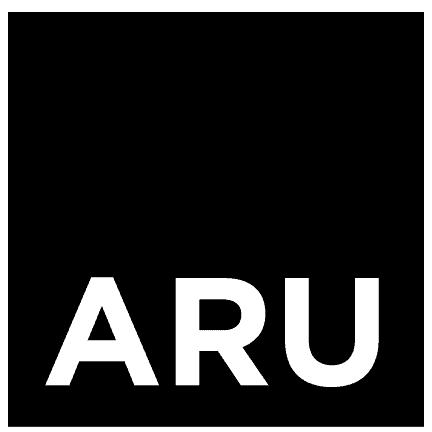In this course we will examine key works and developments in the history, art, and literature of Ancient Greek civilization as it grows and flourishes during the so-called “Archaic Period” from the middle of the 8th century to the end of the 6th century BCE. At the beginning of this period, the Greeks reacquire the art of writing, and the epic poems of Homer and Hesiod become the cornerstones of a Pan-Hellenic culture that would last for more than a thousand years. The autonomous city-state (polis) solidifies as the dominant form of Greek social organization and governance, and new Greek citiesare founded throughout the Mediterranean and Black Sea. New and rapidly evolving styles of art and music are invented and perfected, and philosophy emerges as a revolutionary new way of understanding humanity and nature.
After briefly looking at the Bronze Age cultures of Greece, their collapse, and the subsequent Greek “Dark Age”, we turn to the Iliad and Odyssey of Homer. Thence, we will survey the epic poems of Hesiod; the lyric poetry of Sappho, Archilochus, Solon, and others; the political developments of state formation, colonization, factionalism, and tyranny; and the philosophies of the Milesian naturalists (Thales, Anaximander, Anaximenes), the early Pythagoreans, Xenophanes, and Heraclitus.
This course is strongly recommended for those intending to take Ancient Greek Thought and Civilization Part II. The Greek Enlightenment and the Golden Age of Athens (510-399 BCE
Corequisite: Objectivism through Ayn Rand’s Fiction or Intensive Seminar on Objectivism Part I: Foundations
Level: 100 Start Date: January 10, 2025 Live Class: Fridays, 8-10:45 am PT Quarter: Q2
Instructor Jason Rheins
Syllabus Syllabus
Schedule Schedule
Readings and Viewings for the First Three Classes
Please view the required viewings and readings for the first three classes in the respective units below, including two books you should have access to and read in preparation: Homer’s Iliad and Odyssey.
From Dr. Rheins:
“While there are numerous translations that are freely available, I would strongly recommend acquiring one of the more recent translations. I especially recommend the translation of Stanley Lombardo. Also very good are the translations of:
Richmond Lattimore
Robert Fagles
Emily Wilson”
An announcement regarding the above can be found in the Announcement forum of the course.





